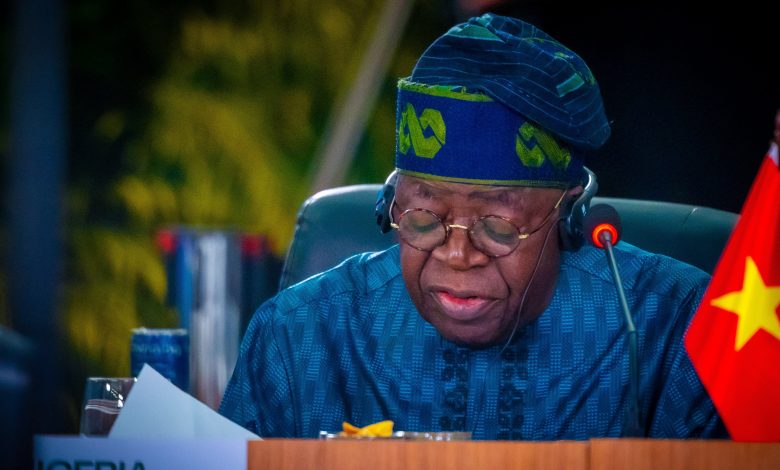
The 2025 Nigeria Social Cohesion Survey, conducted by Africa Polling Institute (API), has revealed a sharp decline in citizens’ trust in the government and public institutions, with confidence levels plunging to their lowest point since the institute began tracking such data in 2019.
Unveiled over the weekend in Abuja, the report showed that 83 per cent of Nigerians expressed little or no trust in the government led by President Bola Ahmed Tinubu.
Similarly, 82 per cent said they had little or no trust in the National Assembly, headed by Senate President Godswill Akpabio and Speaker of the House of Representatives, Tajudeen Abbas.
Public confidence in the judiciary was also deeply eroded, with 79 per cent of respondents saying they had little or no trust in the justice system, under both the former Chief Justice of Nigeria (CJN), Justice Kayode Ariwoola, and the current CJN, Justice Kudirat Kekere-Ekun.
According to the report, “citizens’ trust and public confidence are at their lowest ebb” when compared to findings from previous surveys in 2019, 2021, and 2022.
API also reported a weak state of social cohesion in the country, with the overall cohesion index standing at just 46.8 per cent.
Yet, despite ethnic and religious diversity, the survey found that many Nigerians appear to be united by shared economic hardship.
Respondents repeatedly cited concerns about high transport fares, rising prices of goods and services, and a general lack of economic opportunity under the current administration.
The Citizens’ Perception Survey (CPS), supported by the Ford Foundation, was conducted nationwide between January and February 2025.
A total of 5,465 face-to-face interviews were carried out with Nigerians aged 15 and above, using stratified random sampling to ensure full representation across all states and senatorial districts.
The survey was administered in five major languages, English, Pidgin, Hausa, Igbo, and Yoruba, to reflect Nigeria’s linguistic diversity.
One of the key findings from the survey was that 53 per cent of respondents admitted to feeling “disappointed in Nigeria.”
The report indicates that citizens appear increasingly disconnected from state institutions and disillusioned with political leadership.
